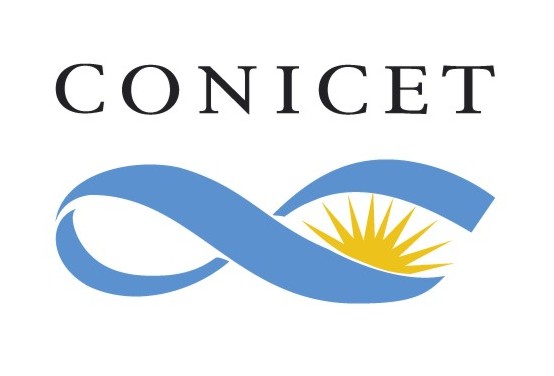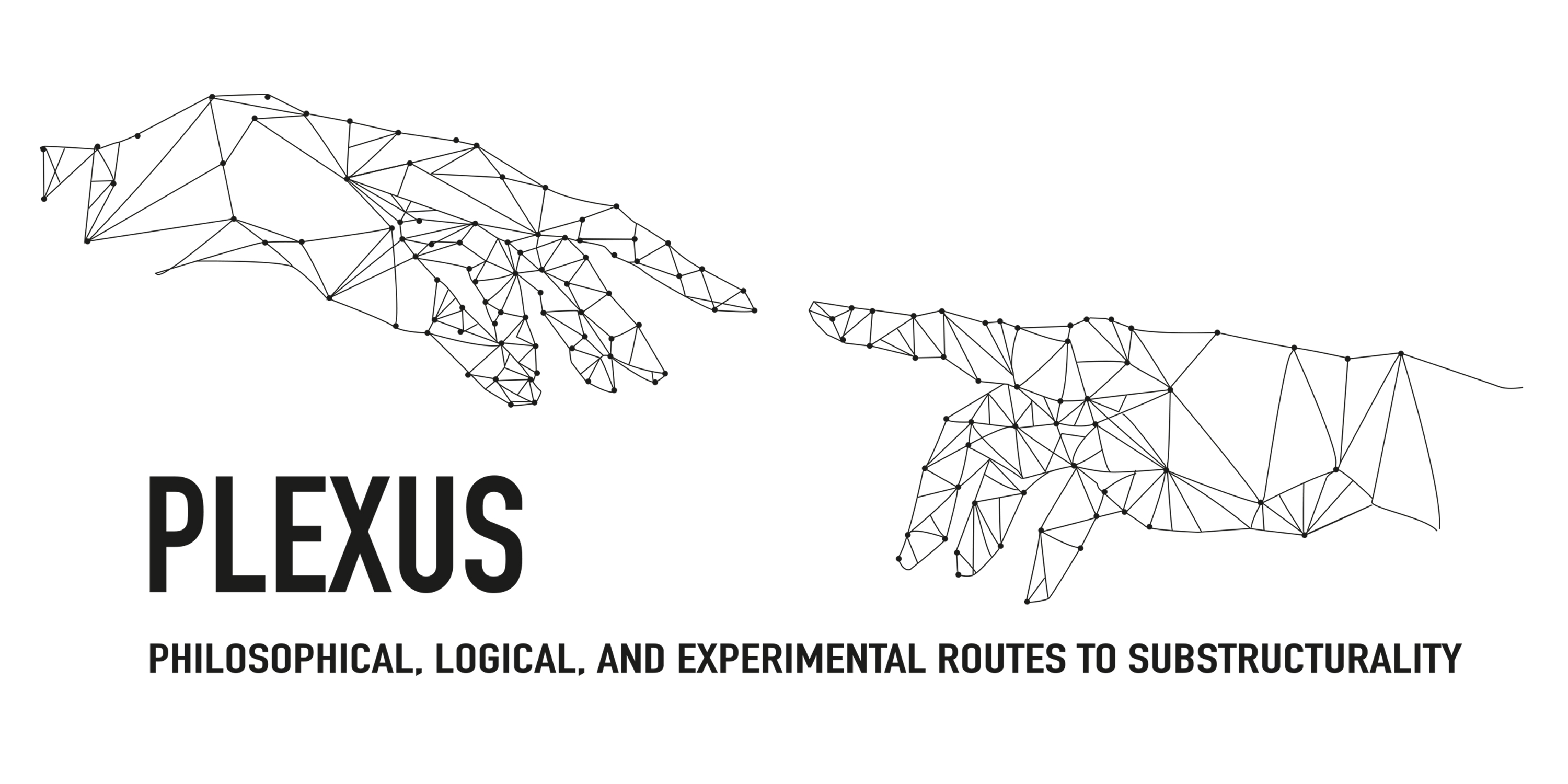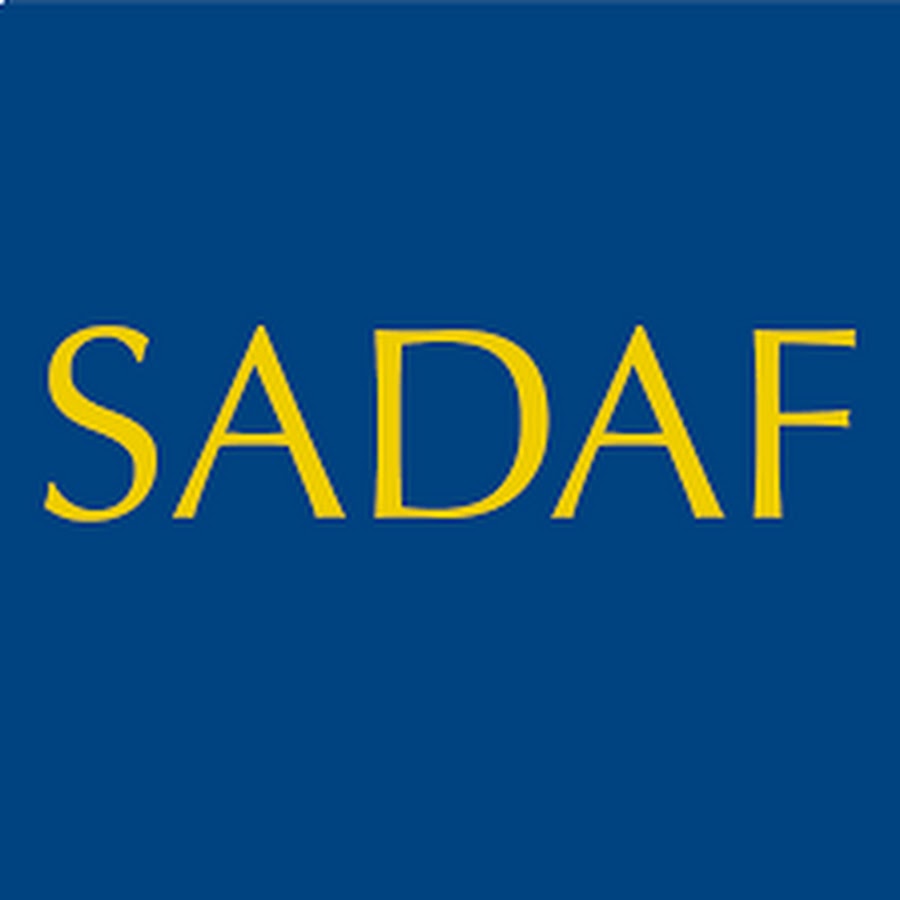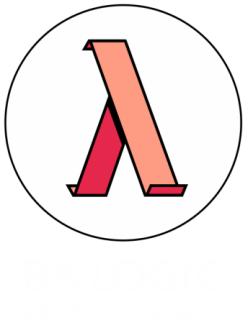November 8, 2024
Argentinean Society
of Philosophical Analysis (SADAF)
Buenos Aires, Argentina
Mariela Aguilera (CONICET / University of Córdoba)
Pablo Cobreros (University of Navarra)
Ondrej Majer (Academy of Sciences of the Czech Republic)
Martín Martínez Villar (University of Navarra)
Ariel Roffé (CEFHIC-UNQ-CONICET)
November 08 (Friday)
14:00 – 15:00 (GMT-3): Pablo Cobreros and Martín Martínez Villar (University of Navarra): “Explosion and implosion. A tentative inventory”
15:00 – 16:00 (GMT-3): Ariel Roffé (CEFHIC-UNQ-CONICET): “Automated metainferential tableaux resolution with logics.py”
16:00 – 17:00 (GMT-3): Coffee break
17:00 – 18:00 (GMT-3): Ondrej Majer (Academy of Sciences of the Czech Republic): “Representation of imperfect information in epistemic logics”
18:00 – 19:00 (GMT-3): Mariela Aguilera (CONICET / University of Córdoba): “What are inferences? Some reflections from cognitive science”
Mariela Aguilera: “What are inferences? Some reflections from cognitive science “
The main conceptions of inferences are based on the idea that inferential processes involve logical transitions over linguistic representations. This assumption about inference has been challenged by studying the logical role of images, maps, and diagrams. In this paper, I will build on cognitive approaches to vision and navigation to make the stronger claim that evaluating the syntactic structure and cognitive processes of representations with non-linguistic formats also challenges the logical paradigm of inference.
Pablo Cobreros & Martín Martínez Villar: “Explosion and implosion. A tentative inventory”
As it is well known, non-explosive logics like LP have dual “non-implosive” logics like K3. From a purely theoretical perspective, the merits and faults of one logic transpose to the other in dual form, and this symmetry seems to show that there’s no possible preference of one over the other. But perhaps there is a factual preference of naïve speakers (speakers without specific training in logic) for one over the other. In this talk we present the plot of an inventory designed to measure naïve speaker’s preferences about explosion and “implosion” (excluded middle). We also present the results of pilot experiences with students in Navarra.
Ondrej Majer: “Representation of imperfect information in epistemic logics”
Agents represented in standard systems of epistemic logics are usually idealized as well as information they process. The agents are perfect logical thinkers and they deal with complete and consistent information. Real agents on the other hand have limited cognitive capacity and they have to make decisions based on information, which is not only incomplete, but also inconsistent. The situation in frameworks dealing with uncertain information is similar, agents are e.g. supposed to provide their degrees of uncertainty reflecting their subjective probabilities of all events with an unrealistic precision. In this presentation we present a framework the main aim of which is to relax some of these idealizations. In particular we introduce a framework for representing incomplete and/or inconsistent information which might also be uncertain. Formally our framework consists in introducing various uncertainty measures over Belnap-Dunn logic. This logic was designed to deal with inconsistent and/or incomplete information, its extension with uncertainty measures allows to specify not only degrees of belief in information supporting truth/falsity of a proposition, but also a degree of its incompleteness and inconsistency. We focus on the dynamics of this kind of information and present some methods of updating of the presented uncertainty measures. In particular we provide some non-classical variants of Bayes and Jeffrey conditioning of these measures and discuss some methods of their aggregation.
Ariel Roffé: “Automated metainferential tableaux resolution with logics.py”
This presentation introduces logics.py, a Python package, written by me, designed to computationally handle a wide range of logical systems, in a variety of formal representations (from mixed many-valued semantics to axiom systems, natural deduction, sequent calculi and tableaux). After demonstrating some general functionality, I will delve into the tableaux modules, illustrating how they can be used to automate labeled tableaux construction. In particular, I will focus on metainferential tableaux, of the kind proposed by Borzi, Castro, Da Re, Roffé and Toranzo (manuscript, in preparation) and show how they can be solved computationally using this package. I also present a graphical user interface for these automated tableaux resolutions, which is freely available online (at https://metainference-calculator.netlify.app/).
Eduardo Barrio (IIF-SADAF-CONICET / UBA)
Edson Bezerra (IIF-SADAF-CONICET / UBA)
Aylén Bavosa Castro (IIF-SADAF-CONICET / UBA)
Jonathan Erenfryd (IIF-SADAF-CONICET / UBA)
Bruno Da Ré (IIF-SADAF-CONICET / UBA)
Ariel Roffé (CEFHIC-UNQ-CONICET)
Camila Gallovich (IIF-SADAF-CONICET / UBA)
This Workshop aims to analyze the interrelations between substructural logics and reasoning, with a particular focus on recent experimental results in the area.
We are thankful for the support provided by CONICET (Consejo Nacional de Investigaciones Científicas y Técnicas, Argentina); SADAF (project “Tableaux para lógicas metainferenciales – Desarrollos teóricos y computacionales”, code 2023/001); and PLEXUS and MOSAIC (two Marie Skłodowska-Curie actions funded by the European Union through the Horizon Europe Research and Innovation Programme; grant agreements nos. 101086295 and 101007627, respectively).





